Dr. Albers at COMOM 2018
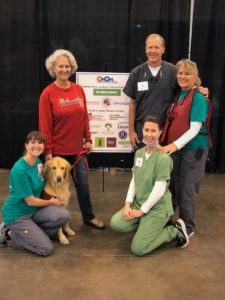
COMOM 2018
Dr. Albers and his staff are active volunteers locally and across the state. For a number of years, he and his staff have volunteered for COMOM. What is COMOM, you ask? Its website explains it best:
The Colorado Mission of Mercy (COMOM) is a large-scale dental clinic that is held annually in a Colorado community. With 125 portable dental chairs, dental services are provided to adults, elderly, and children, who cannot afford dental care. An outpouring of nearly 200 volunteer dentists from across the state – along with hundreds of dental hygienists, assistants, lab technicians, and a myriad of lay volunteers and other health professionals – work in tandem with community groups and agencies to better the oral health of individuals who come to the clinic.
COMOM Mission Statement
The Colorado Mission of Mercy (COMOM) provides quality dental services, at no cost, to individuals of all ages who cannot afford and access dental care; eliminating dental pain, promoting oral health, creating smiles, and providing oral health education.
This video from several years ago shows COMOM in action, including the impact it has on people: https://www.youtube.com/watch?v=GA50G0Ns0HY
Dr. Albers and Staff at COMOM 2018

Lots of volunteers
This year, Dr. Albers, assistant Susan, hygienist Jane, and front desk guru, Michele volunteered at COMOM 2018. Susan assisted Dr. Albers. Hygiene section lead, Jane, helped ensure the smooth flow of patients and otherwise helped trouble shoot problem areas. Michele helped in triage – where patients are assessed for dental health needs.
COMOM 2018 took place in Greeley, Colorado, with over 1200 volunteers registering to help. Positions included obvious ones such as dentists, hygienists, oral surgeons, dental assistants, lab technicians and RN’s. Other volunteers set up portable dental units and hundreds of chairs for waiting patients, served food, helped sterilize equipment, etc. All volunteers played an important role. And, a few four-legged volunteers came to visit…
Go Team Therapy Dogs at COMOM

Indy in the Pediatric Area

Indy with the Ladies
Last year, Carla approached COMOM about using therapy dogs to help distract patients and provide some much-needed love and affection during long waits for care. She and Indy acted as a test case at COMOM 2017 in Pueblo, CO. Indy was such a hit that they asked for more Go Team dog/handler teams this year. On Friday, four teams provided some much needed “therapy,” and on Saturday, 5 teams were there. Although a primary focus is always on the patients, it turns out that the dogs provided a lift to volunteers putting in long hours helping others.
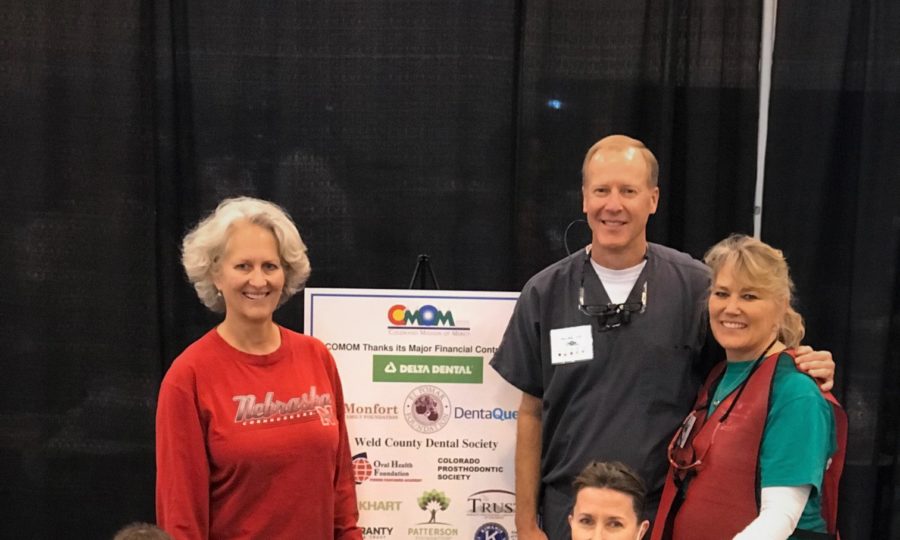
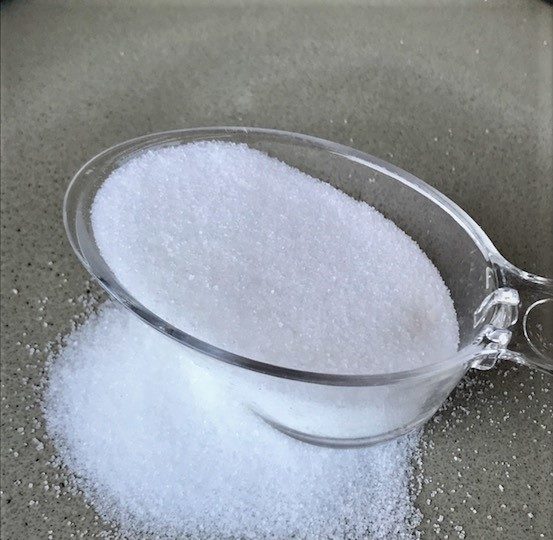
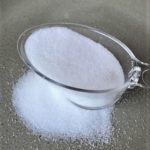 From a dental perspective, there are many reasons to limit sugar in your diet. Bacteria in your mouth interact with sugar to produce acids. These acids can destroy tooth enamel, which can lead to the formation of cavities. Cavities that are left untreated can lead to root canals, crowns, or even removal of teeth. A diet high in sugar increases the likelihood of a person developing dental problems.
From a dental perspective, there are many reasons to limit sugar in your diet. Bacteria in your mouth interact with sugar to produce acids. These acids can destroy tooth enamel, which can lead to the formation of cavities. Cavities that are left untreated can lead to root canals, crowns, or even removal of teeth. A diet high in sugar increases the likelihood of a person developing dental problems.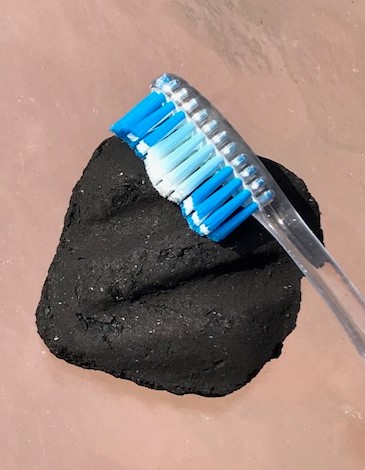
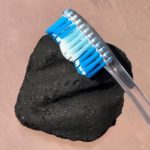 Recent news articles have highlighted a new trend sweeping the dental world – brushing with charcoal products. An example is an August 13, 2018 article in the Wall Street Journal titled, “
Recent news articles have highlighted a new trend sweeping the dental world – brushing with charcoal products. An example is an August 13, 2018 article in the Wall Street Journal titled, “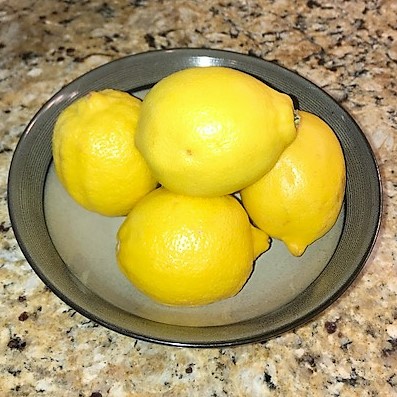

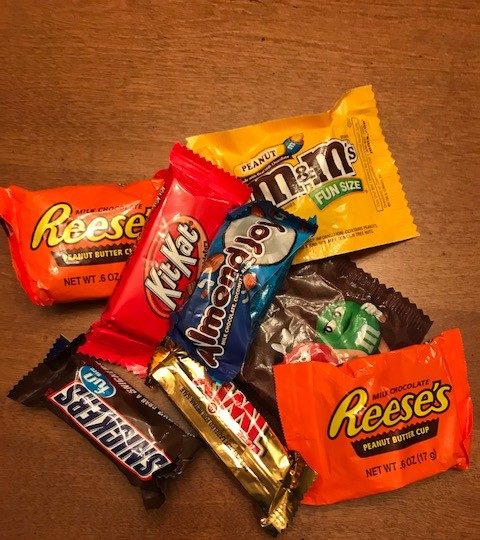
 It’s that time of year – Halloween is just around the corner. As a parent or as someone giving out candy, what do you need to know?
It’s that time of year – Halloween is just around the corner. As a parent or as someone giving out candy, what do you need to know?